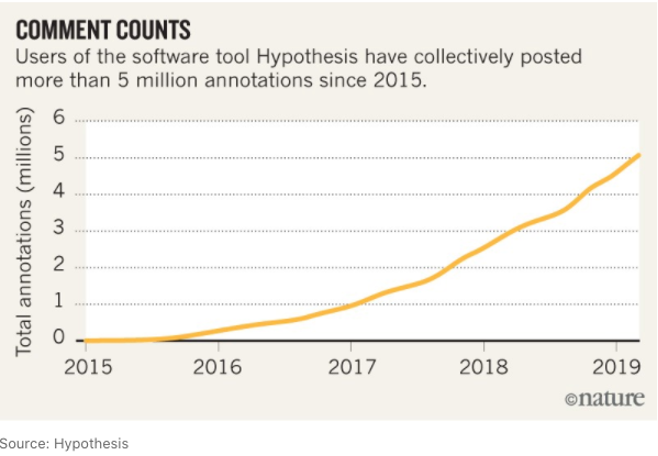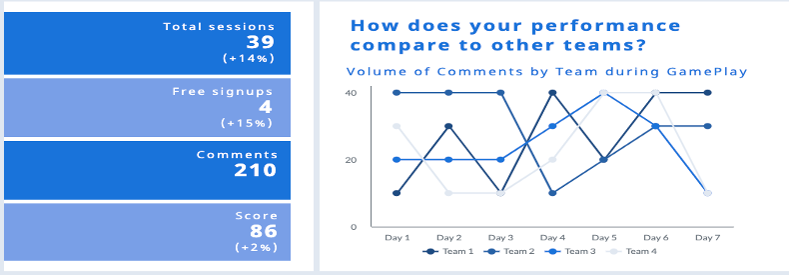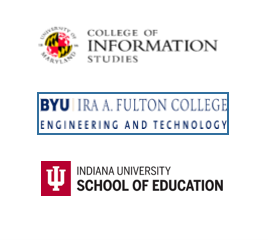Future of Work: Collaboration & Coordination
With fall rolling in and everyone preparing for the start of the more-or-less virtual semester, the team began to conceptualize from a theoretical and game design standpoint the central role of collaboration. The pivotal part that virtual collaboration plays in diverse STEM teams could not be more apparent now when due to COVID-19 most STEM professionals are working remotely. Since the vehicle for majority of collaboration is the textual discourse we are focusing on how students managing disaster communicate with each other when making sense of the problem at hand, perusing resources, and co-constructing solutions. The goal is to expose students to the changing nature of work in the 21st century.
Collaborative Learning Analytics in Disaster Response
Before students can plan their moves, they have to learn about the context through the resources provided. Learning in the Playable Case Study (PCS) is envisioned as a collaborative act. To support effective group knowledge building and sensemaking, we are researching collaboration tools and their APIs. The tools will be used to create authentic occasions for collaboration and the APIs will provide data for learning analytics.
Socially-Interactive Reading & Writing
Digital annotation or the act of making annotations collectively as people read a common text is growing tremendously (see Figure 1).
Leveraging this trend in Careers in Play we are considering the functionality of a variety of social annotation tools, such as, Hypothesis (open-source), Perusall, NowComment, Diigo, PaperHive, Remarq to adopt in our game play.

Figure 1 – Growth in social annotations with the popular tool Hypothesis
For the co-production of a document in the final phase of the Playable Case Study, we plan to use the collaborative work environment of Google Docs. Recently, Google released the API for Google Docs which allows us to capture the comments and edits made by students. This rich data will not only scaffold the learning of the undergraduate student groups participating in the project but will reveal the collaboration patterns that underlie student group work in digital environments. Feedback to students is considered crucial for increasing engagement and for promoting regulation during gameplay.

Figure 2 – Mock-up of student-facing collaborative learning analytics dashboard
Figure 2 displays the mock-up of a section of the feedback system employing collaboration learning analytics for students to compare their team performance to other teams and to see the changes in their collaborative engagement as the virtual game days unfold.
Disseminating Research on Collaboration Learning Analytics
For building a collaborative learning analytics dashboard situated within the technology-supported learning platform provided by the PCS, we mapped the research landscape of this nascent field. Our paper born out of this exploration and reporting on the collaboration dimension of the project, Collaboration from Communication to Coordination: Analytics from a Project Designed to Teach Collaboration, has been submitted for publication.
A team of graduate students is also working on submitting to the Learning Analytics and Knowledge Conference by the Society for Learning Analytics Research about the implementation of collaboration learning analytics in the PCS.
Team Member Spotlight: Kayla Bowman
Kayla is part of the Expert Research and Classroom Design teams. She is a graduate student at Brigham Young University working on instructional design. She brings her professional interest in designing simulations to bear on this project through invaluable contributions to the Cybersecurity PCS. This summer Kayla ran an evaluation study to better understand the needs of those joining the Careers in Play project. She put together onboarding resources and has made sure that new team members can hit the ground running. Last but certainly not the least, she is passionate about writing and creating compelling content.

Figure 3 – Kayla Bowman
Careers In Play Leadership Team
Phil Piety, PhD. University of Maryland iSchool (PI and Learning Analytics). ppiety@umd.edu
Beth Bonsignore PhD. University of Maryland iSchool (Co-PI and Design-based Research), ebonsign@umd.edu
Derek Hansen, PhD.Brigham Young University (Co-PI and Game Technology). dlhansen@byu.edu
Dan Hickey, PhD. Indiana University School of Education (Co-PI, Learning Theory and Assessments). dthickey@umd.edu
